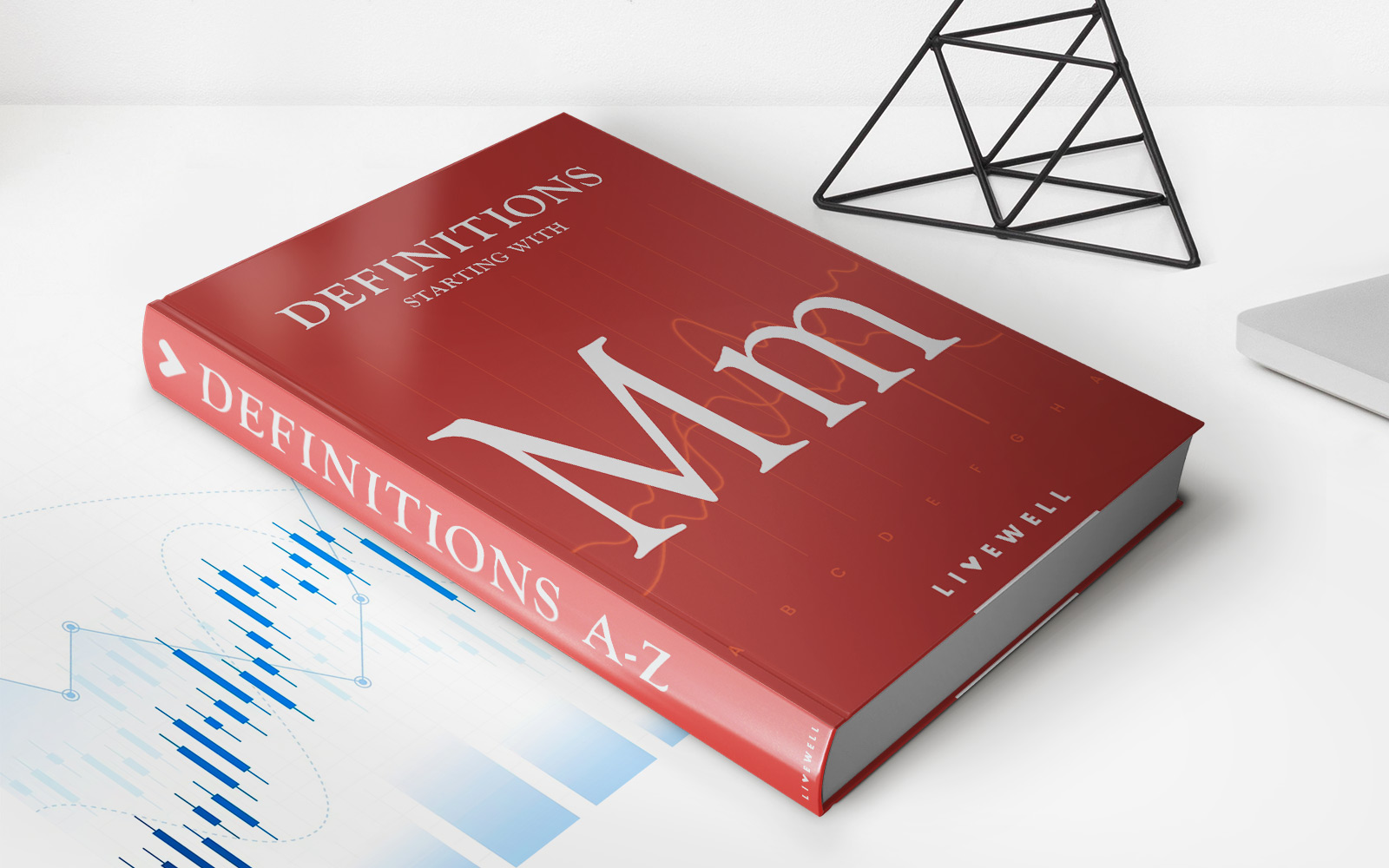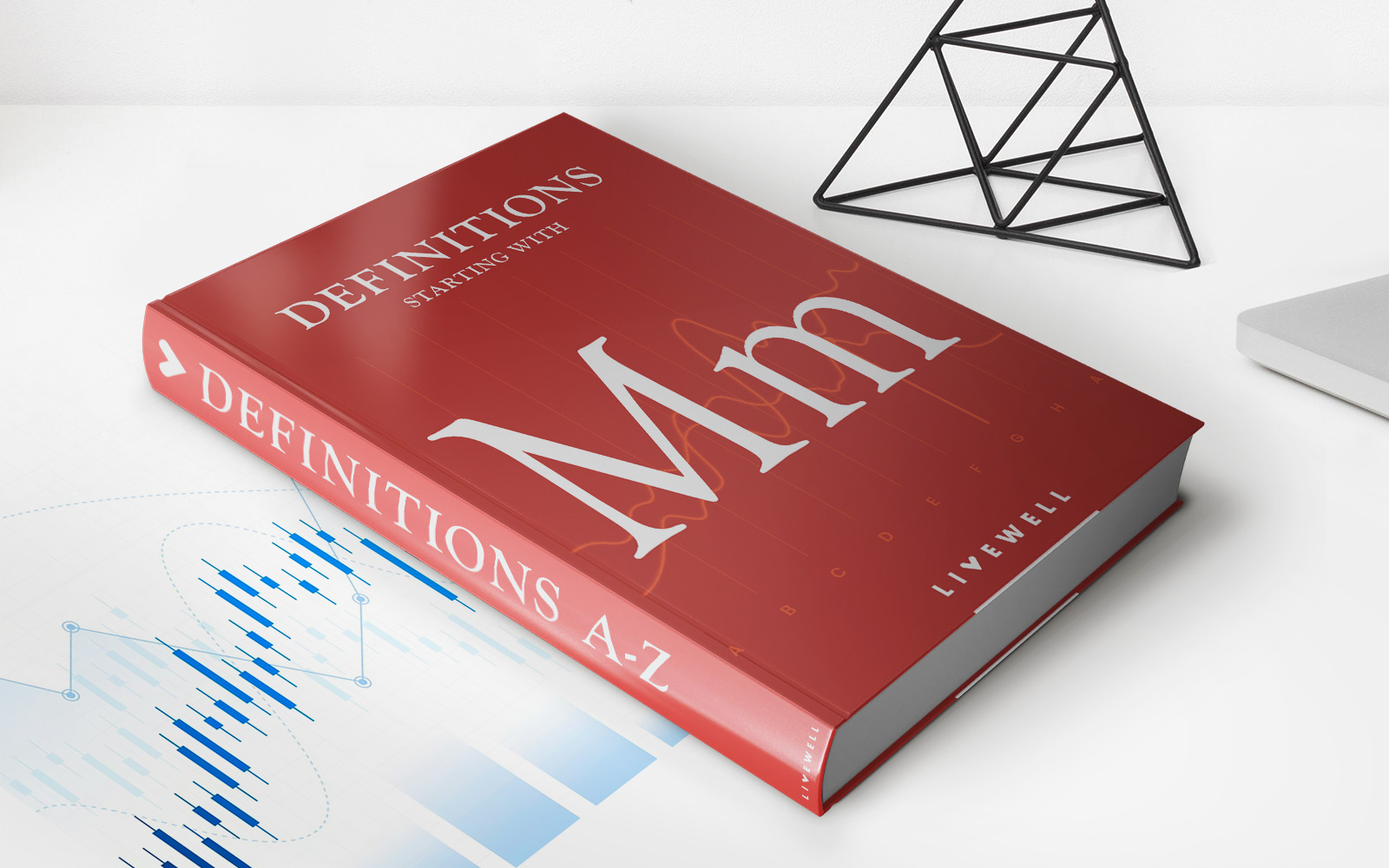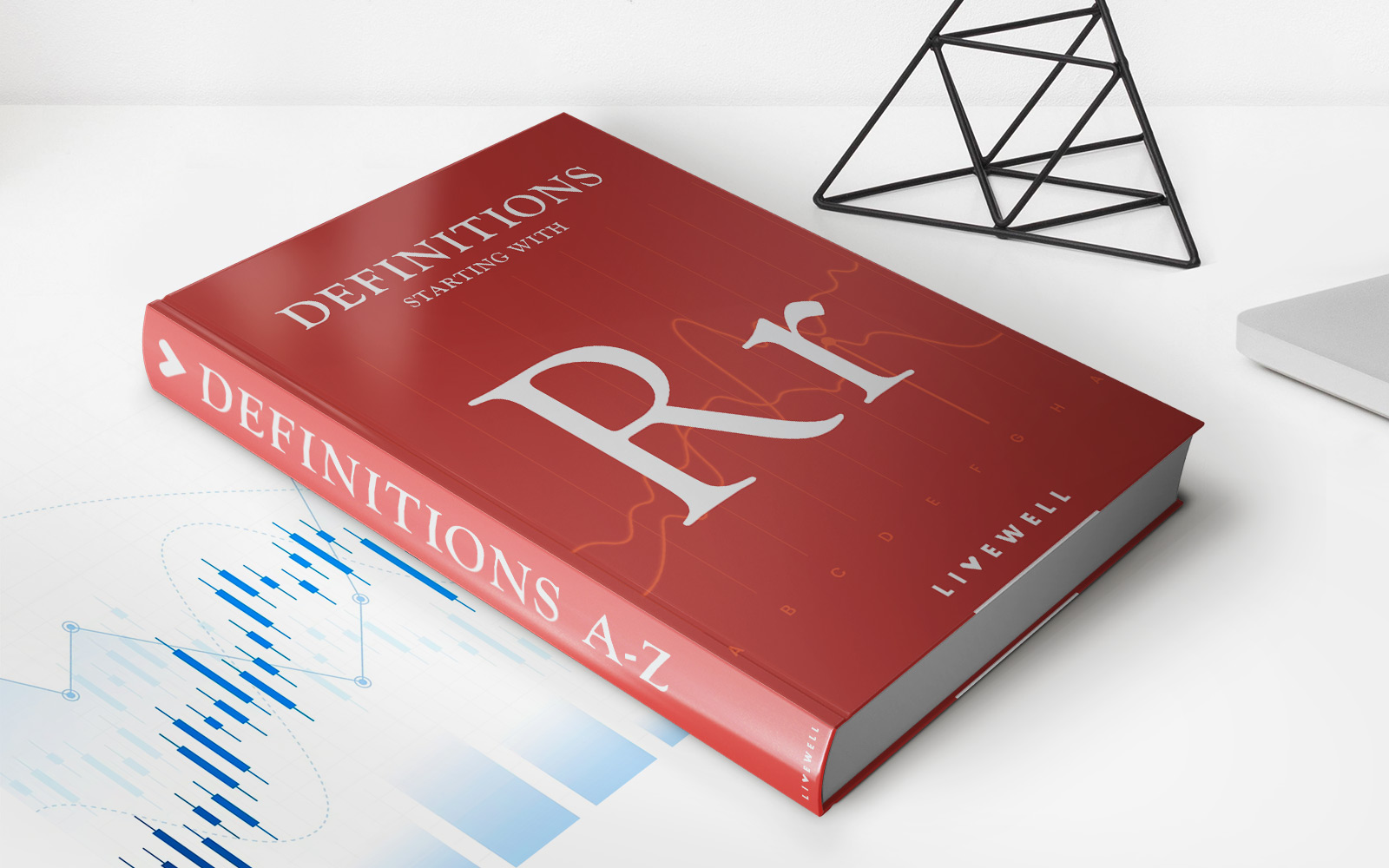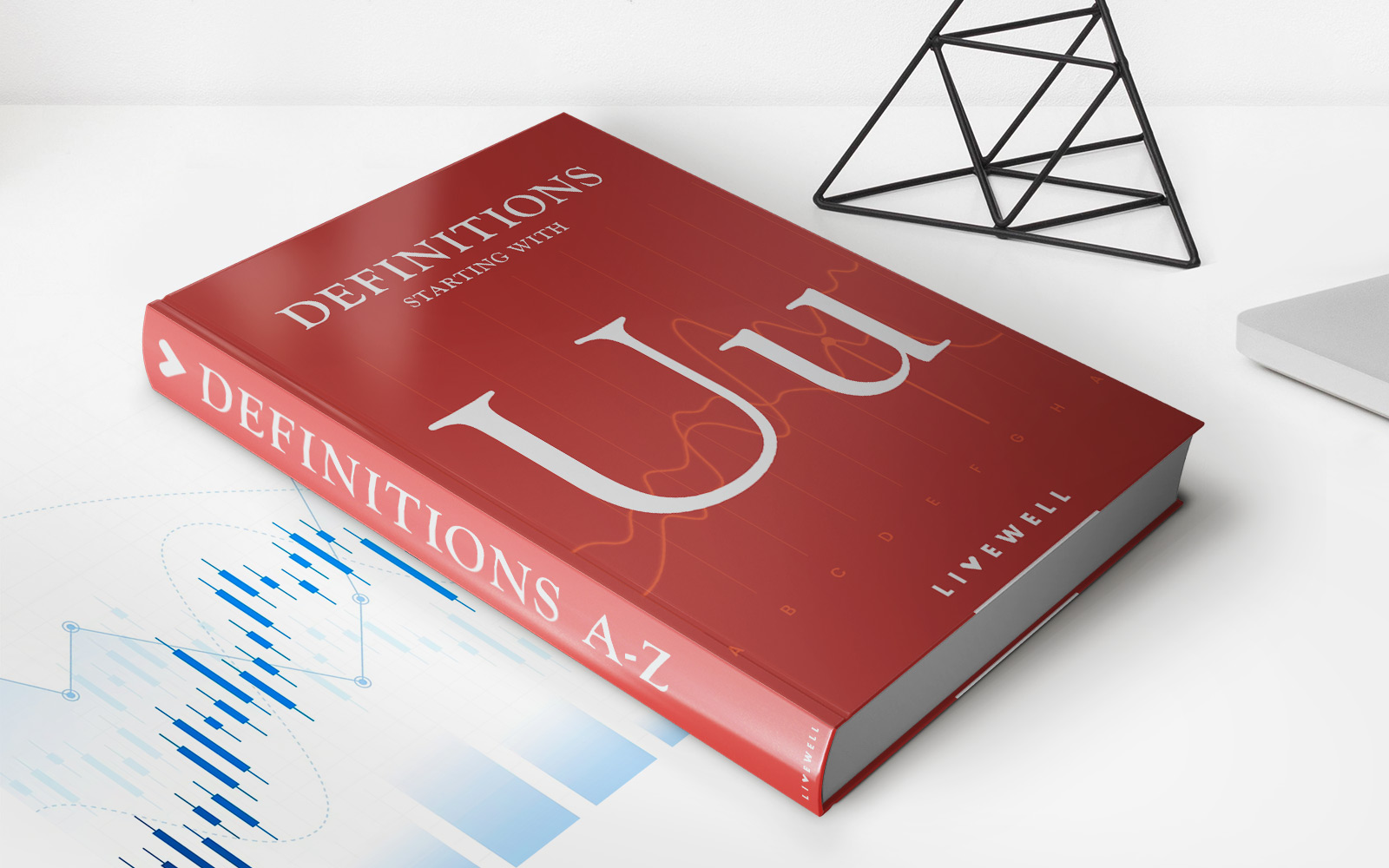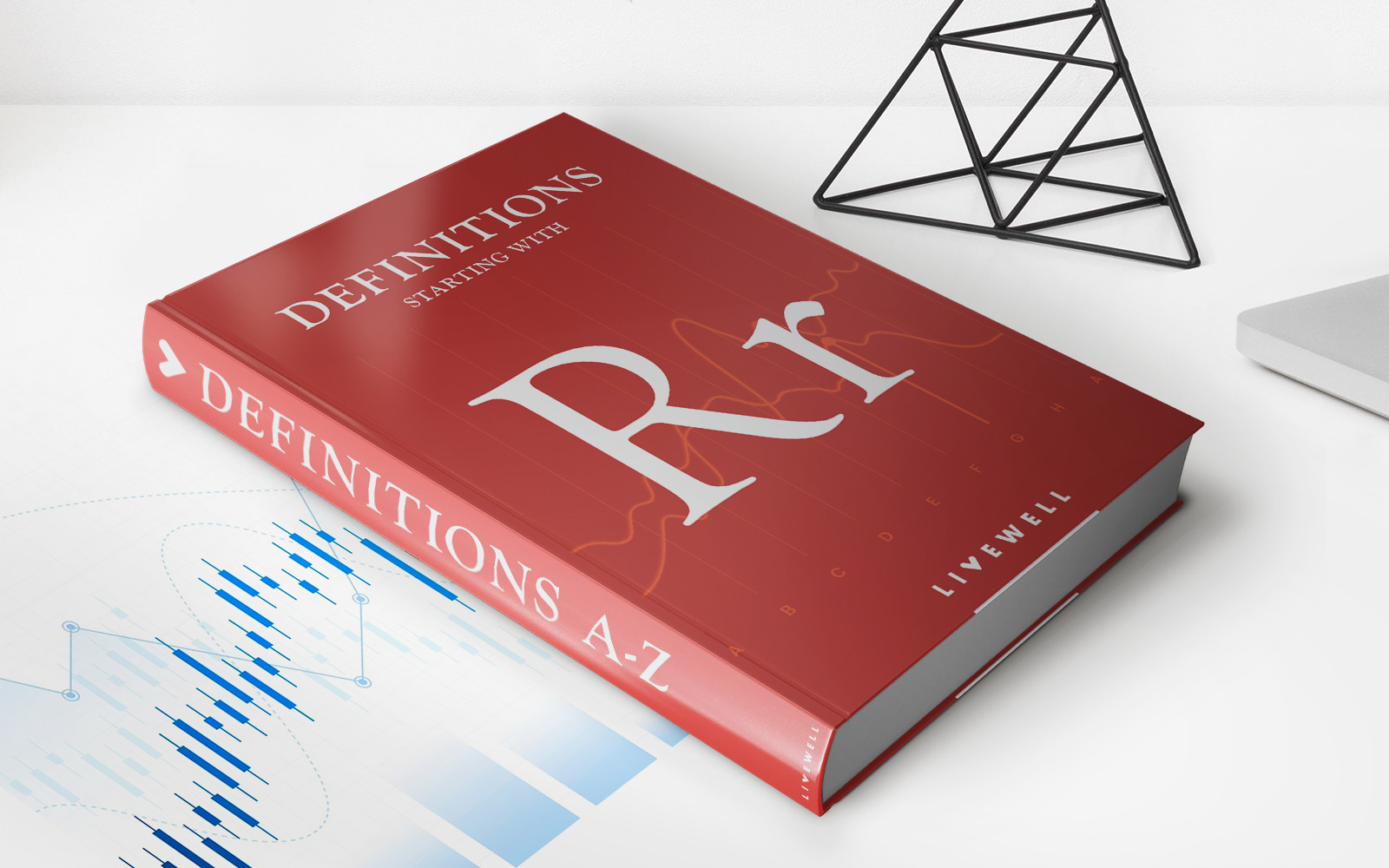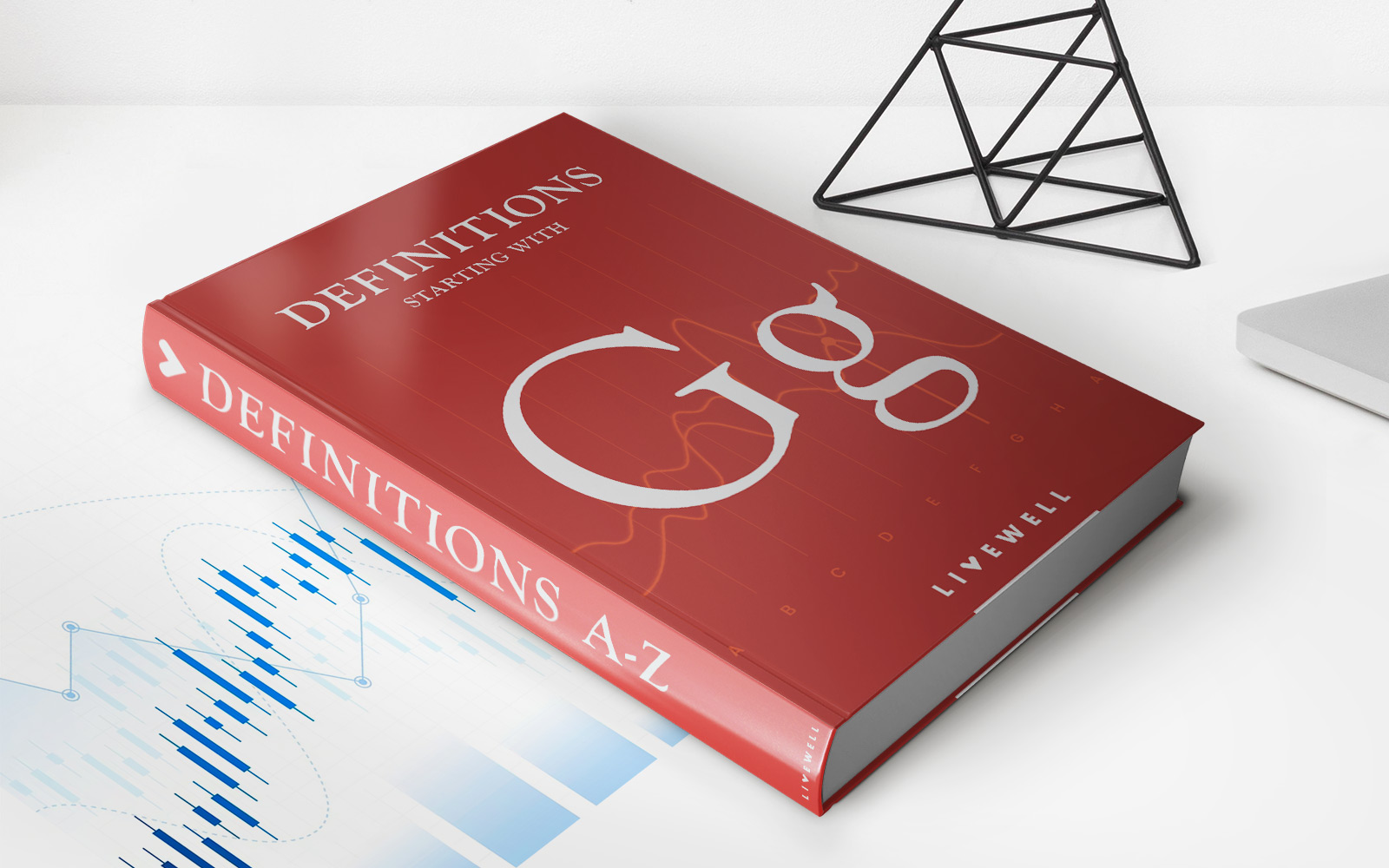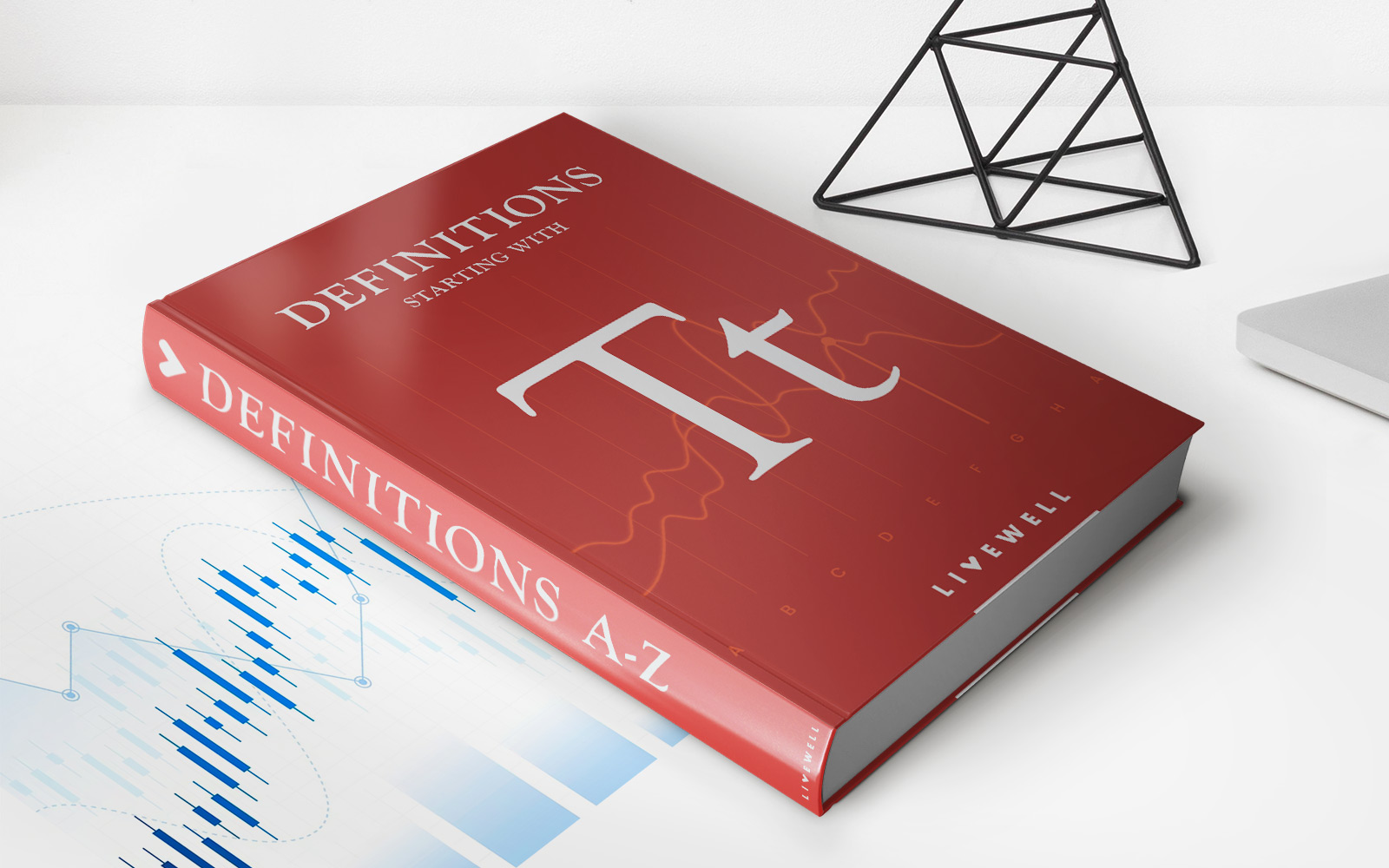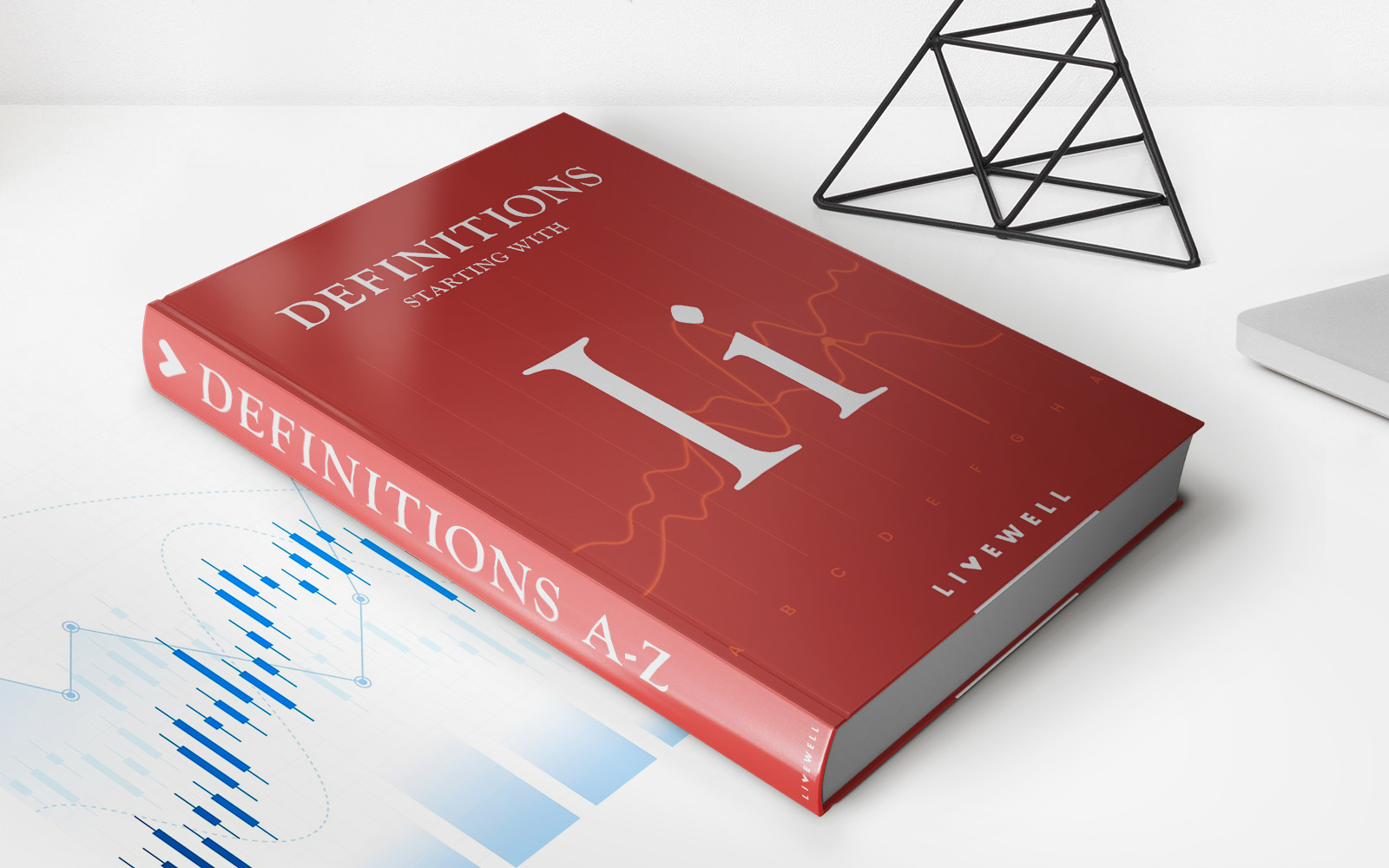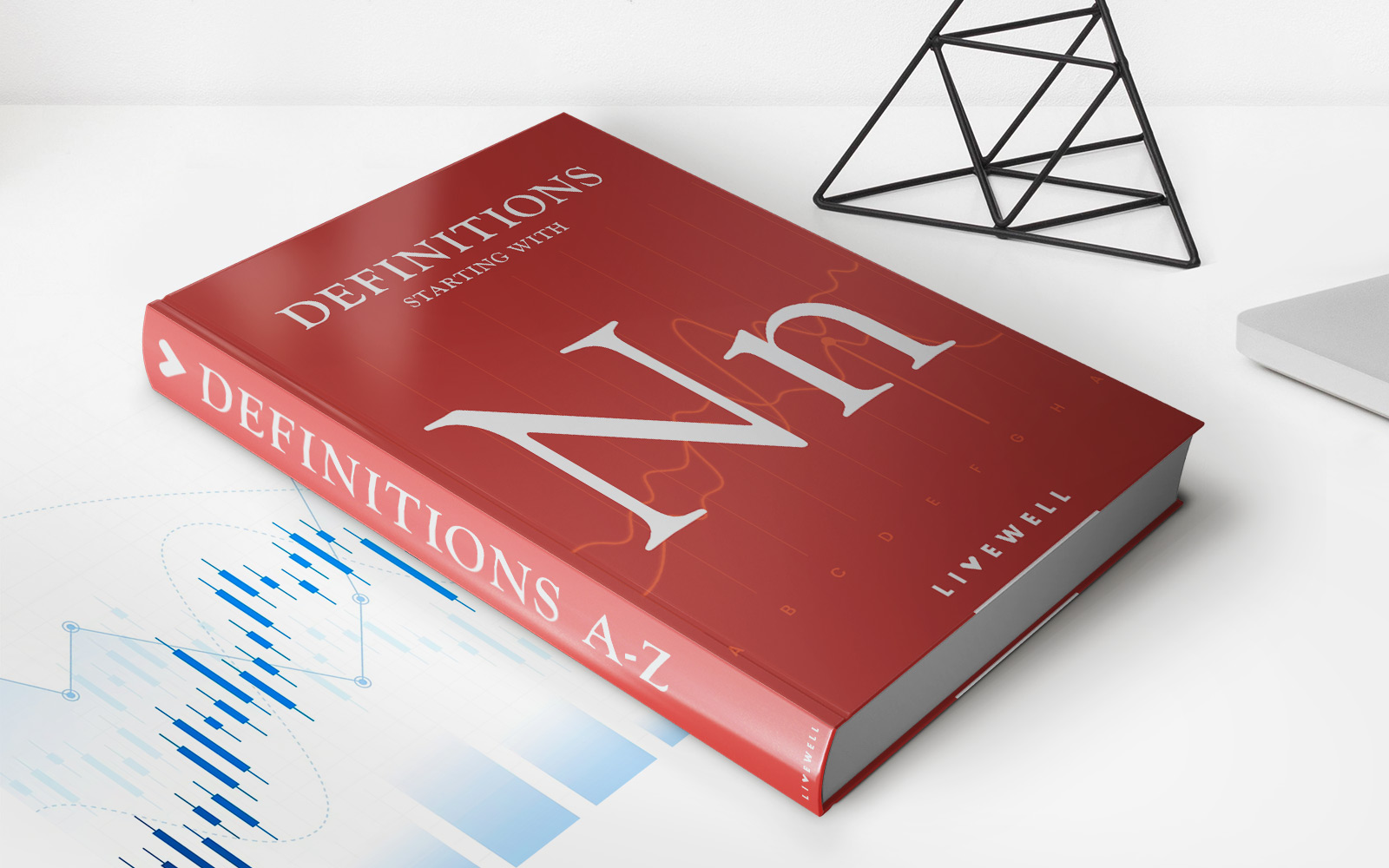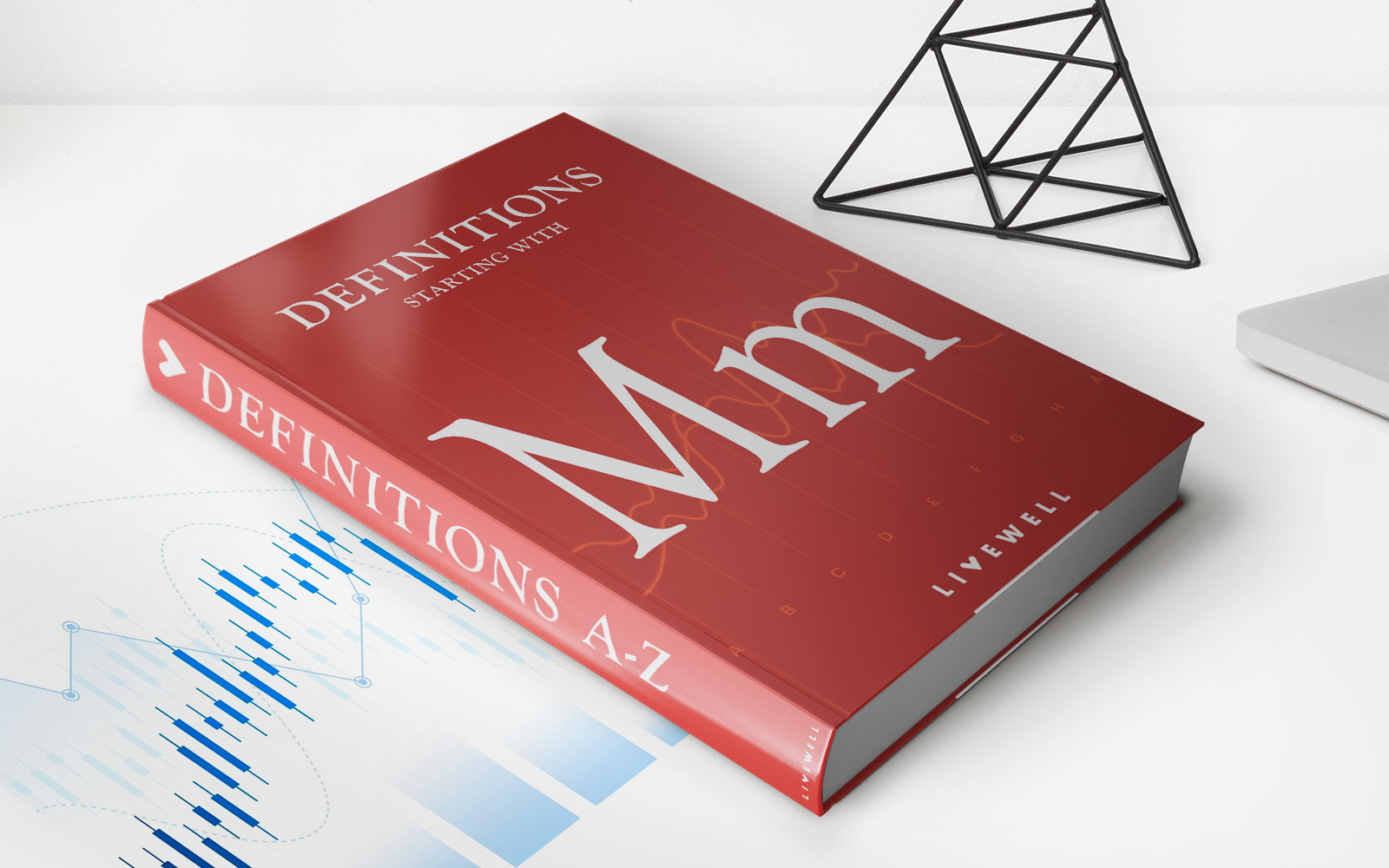

Finance
Mortgage Revenue Bond (MRB) Definition
Modified: December 30, 2023
Learn about Mortgage Revenue Bond (MRB) Definition in the world of finance. Explore how MRBs are used to fund mortgage loans and support affordable housing initiatives.
(Many of the links in this article redirect to a specific reviewed product. Your purchase of these products through affiliate links helps to generate commission for LiveWell, at no extra cost. Learn more)
The Mortgage Revenue Bond (MRB) Definition: Financing for Homeownership
Are you considering purchasing a home or refinancing your mortgage? If so, you’ve probably come across various financing options. One such option is a Mortgage Revenue Bond (MRB). In this article, we’ll delve into the MRB definition, how it works, and its benefits.
Key Takeaways:
- Mortgage Revenue Bond (MRB) is a type of tax-exempt bond used to provide affordable mortgages to low and moderate-income homebuyers.
- The funds raised through MRBs are used to loan money to eligible borrowers at a lower interest rate compared to conventional mortgage loans.
So let’s get started! A Mortgage Revenue Bond (MRB) is a financial instrument commonly used by state and local governments to finance affordable housing initiatives. These bonds are issued to raise funds that can then be used to provide low and moderate-income homebuyers with affordable mortgage loans.
How does it work? When an MRB is issued, the bond proceeds are used by the issuing government agency to purchase eligible residential mortgage loans from lenders. The funds raised through the sale of MRBs allow the agency to lend money to eligible borrowers at lower interest rates and more favorable terms compared to conventional mortgage loans.
There are several benefits to consider when it comes to Mortgage Revenue Bonds. Let’s take a closer look:
1. Affordable Homeownership: MRBs play a crucial role in making homeownership more accessible to low and moderate-income individuals and families. By providing financing with lower interest rates, MRBs can significantly reduce the overall cost of homeownership and make monthly mortgage payments more affordable.
2. Tax-Exempt Interest: Investors who purchase Mortgage Revenue Bonds benefit from tax-exempt interest. This means that the interest income earned from these bonds is exempt from federal income taxes. The tax-exempt status makes MRBs an attractive investment option for individuals seeking to minimize their tax liability.
In conclusion, a Mortgage Revenue Bond (MRB) is a powerful financing tool that helps provide affordable homeownership opportunities to low and moderate-income individuals and families. By offering lower interest rates and favorable terms, MRBs make purchasing a home more attainable. Additionally, the tax-exempt interest available to investors makes MRBs an attractive investment option. So, next time you’re exploring mortgage financing options, consider the benefits of Mortgage Revenue Bonds and how they can help you achieve the dream of homeownership.
